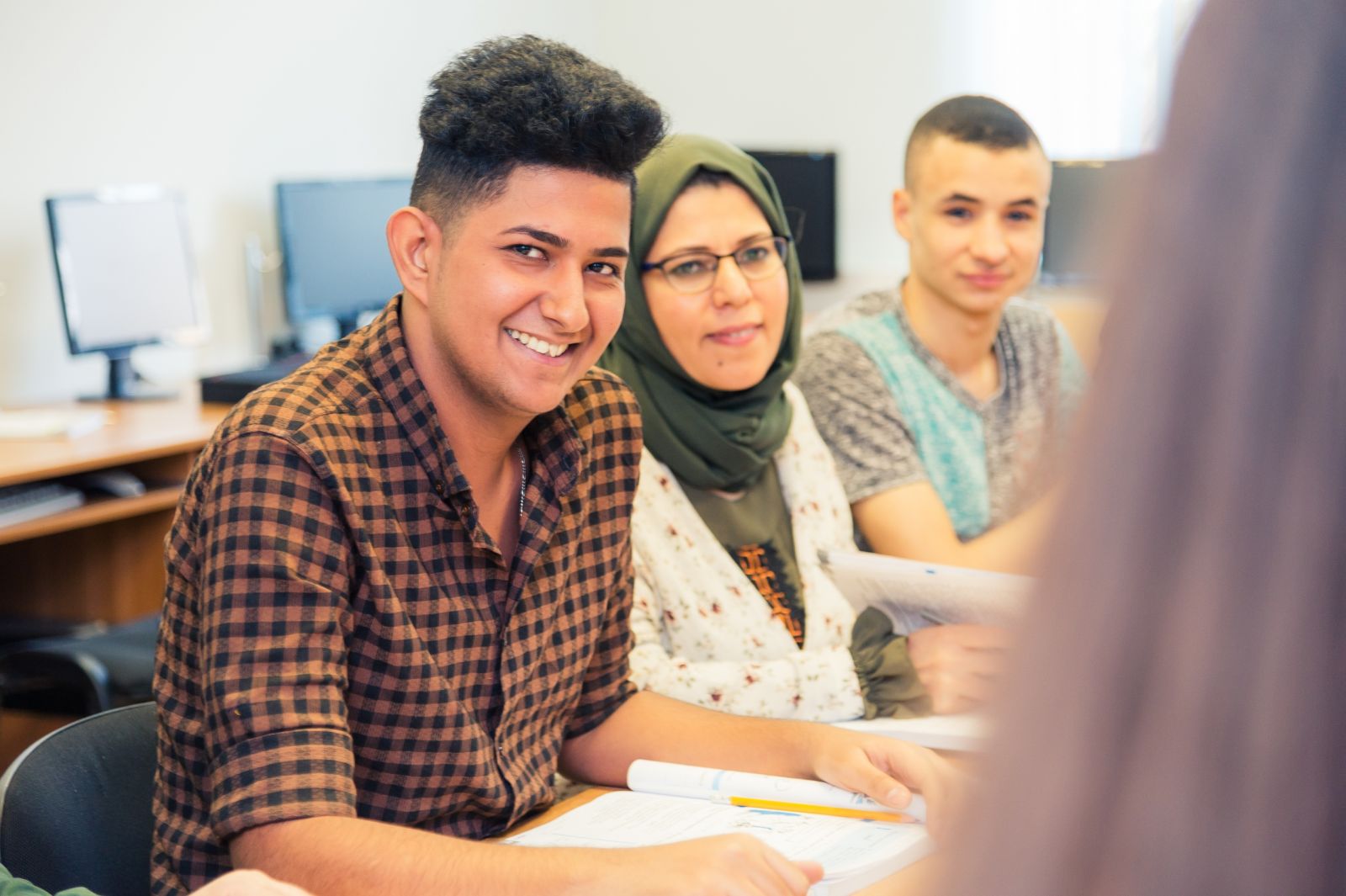South Ural State University pays a lot of attention to education of foreign citizens. One of the reasons for international students to choose SUSU is the fact that here they are provided with all conditions for learning Russian language, including the use of available distance technology. University staff elaborated online courses for mastering Russian phonetics by native Arabic and Chinese speakers; the courses are intended not only to show the correct way of sound pronunciation of Russian speech, but also teach how to do it.
Uniqueness of SUSU’s massive open online courses
South Ural State University, in particular the Pushkin Institute Research, Education and Coordination Center of SUSU, carries out activity targeted at popularization of Russian language around the world. An important part of this activity is development of online education. Materials for free distance learning of Russian phonetics were elaborated within implementation of the Education Development state program of the Russian Federation. In 2017, 4 massive open online courses (MOOCs) have been created, two of which – the introductory phonetic and correctional – are intended for native Arabic speakers, and the other two are intended for native Chinese speakers. They include a series of video lessons and checkpoint assignments. The team of scientists under leadership of the Head of the ILIC Department of Russian as a Foreign Language, Elena Kharchenko, elaborated technique of distant teaching as well as detailed scenarios for each of the courses; technical part was the responsibility of the SUSU Institute of Open and Distance Education.
“Elaboration of courses is a difficult and time-consuming process, which includes filming the lectures and teachers’ dialogues with students – the native speakers, as well as editing, writing subtitles, translating subtitles, inserting subtitles into the video, and error checking. In total, we shot 110 videos in which a teacher explains the way to pronounce one sound or another, makes examples using words, recommends exercises of articulatory gymnastics for warming up the speech apparatus in order to make pronouncing of the sound under study to be easy, and finally offers a series of exercises for polishing the acquired pronunciation skills,” explains Olga Elagina, Deputy Director of the SUSU IODE.
Uniqueness of the courses elaborated at SUSU is in the fact that international students, while working with the courses, can not only understand the way to pronounce sounds in Russian language but also practice the skill of their pronunciation. For that, students only need to click the link on the page of the course and a program for speech sample analysis will get launched; the program was developed by a team of the SUSU School of Electrical Engineering and Computer Science under leadership of Associate Professor of the Department of Information and Measurement Equipment, Dmitriy Katsay. In the course of cooperative work of scientists and teaching staff, a base of speech samples of Russian native speakers has been created (39 000 audio files). As a result, a robotized system capable to recognize and differ the etalon and incorrect pronunciation variants has been created. The system notifies a student whether his or her pronunciation of the sound is correct, and if a mistake was made, the system signals for the student to repeat the exercise.
“The objective of any electronic course is not just to inform a student, but to help him or her to develop certain skills. And in the process of working with the massive open online course, the student understands the way that Russian speech sounds. And the instrument developed under the leadership of Dmitriy Katsay allows practicing each sound till its correct pronunciation. In fact, we created a training course,” noted Olga Borisovna.
Possibilities for application of the online courses
Online courses of Russian phonetics can be used not only by students from China or Arab countries for their independent work; these materials will also be applied during full-time study at SUSU.
“We actively introduce the model of blended learning, which supposes that teachers use electronic learning technology in their traditional activity, into the education process. The elaborated MOOCs are a good help for teachers; they allow efficiently work in classrooms as well as provide assignments taken from the massive course for studying independently.”

The courses can also be used in the partner network of SUSU’s Pushkin Institute centers in China, work on creation of which is coordinated by Head of the ILIC Department of International Relations and Regional Studies, Liudmila Shestakova. Teachers of Russian language working abroad will get the opportunity demonstrate video materials recorded by native speakers, which will significantly ease the process of explanation as the videos are featuring subtitles in Chinese.
In order to allow international students and lecturers to use the MOOCs, a special platform has been created, where one can register via accounts in social networks. Official launch of the courses is scheduled for September of 2018.




